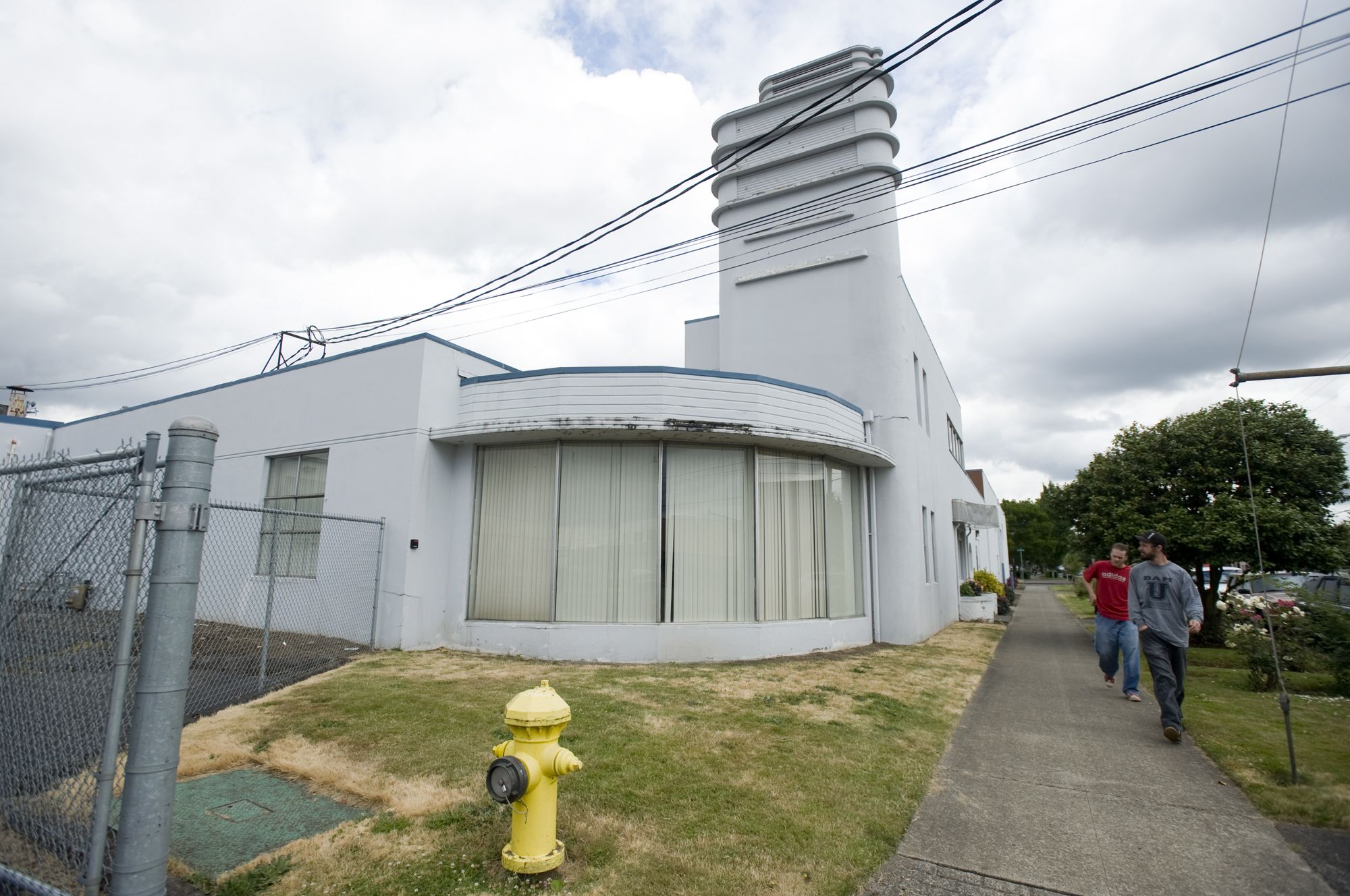Vancouver planners threw a wrench in Clark County’s plans for a biomass plant Thursday, saying the facility isn’t an allowed use in its downtown zone.
Clark County has forged ahead with plans for a public-private partnership in creating a biomass-fueled electricity plant, signing a contract last month with Schneider Electric to pursue plans to develop the plant at West 11th and Harney streets.
The land, already owned by the county, is zoned for light industrial use and biomass is an outright permitted use in light industrial zones, said attorneys for Schneider Electric.
Biomass, which burns woody debris of forest byproducts to create steam heat, is a “waste-related” use, and therefore needs no further approval from the city, they argued.
But city Planning Review Manager Chad Eiken said that he doesn’t think that it is. In a 10-page letter, Eiken elaborated that not only does biomass not qualify as a waste-related use, but an amendment to the city’s zoning laws actually prohibits almost all waste-related uses.
The “proposed use does not qualify as ‘waste related’ or as a similar use to any other use listed” in the city’s zoning laws, Eiken wrote.
The county and Schneider have 14 days to appeal the decision.
If they appeal, they would pay $1,165 to the city and Eiken’s decision would be reviewed by an independent hearings examiner. Alternately, the county could appeal to the city council for a code amendment, Eiken said.
If the deal between Clark County and Schneider Electric falls through due to zoning issues or other market forces, the county still must pay Schneider a minimum of $75,000.
‘Not a total surprise’
Clark County General Services Manager Mark McCauley said Thursday that county commissioners will have to decide whether to appeal.
He said some members of the Vancouver City Council have made clear their objections to the plant.
He said he’s only had time to scan Eiken’s decision but that it looked like a thoughtful, point-by-point response.
“We were hopeful we’d find a more receptive opinion, but this was not a total surprise,” McCauley said.
When the county approved its contract with Schneider July 12, Commissioner Steve Stuart cited many concerns about the project, including potential zoning problems.
However, Commissioners Tom Mielke and Marc Boldt voted in favor of the plan. Mielke waived off those concerns, saying, “I encourage my counterparts to move forward, and we’ll address these issues down the road.”
But after hearing concerns from someone other than Stuart, Mielke began to express reservations.
“It indicates to me that this isn’t a slam dunk,” Mielke said during a July 27 meeting.
Vancouver land use attorney Steve Horenstein, who represents Schneider Electric, said Thursday afternoon that he has not yet reviewed Eiken’s letter and was unable to comment.
City gave warning
Timing is everything as the county and its private partner work to develop a biomass plant.
Schneider and Clark County are hoping to finish due diligence by Oct. 31, so that the company can begin construction in time to get an $8 million or more federal energy grant before the program expires at the end of the year.
But scheduling an appeal before a hearings examiner takes 45 to 60 days, Eiken said. Going to the city council for a code amendment would also take time, though Vancouver would work to get it on the agenda “as soon as we can.”
And the longer the county and Schneider work together, the more the county’s liability increases, from a minimum of $75,000 in the first weeks to a maximum of $395,000. The contract includes three “deliverables” that Schneider must present to the county for review along the way. With each deliverable milestone, the fee goes up.
Schneider said it plans to pay up to $1.2 million of its own money during this time.
Eiken said the city has been warning the county since last year that land use and zoning could be a problem for their vision of biomass.
“We’ve been talking to them since late last fall and raised concerns about the land use back then,” he said.
By any other name
In his land use determination letter, Eiken points out that Clark County changed its story about just what a biomass plant is.
In a letter dated Dec. 7, 2010, McCauley said that “biomass should by no stretch of the imagination be confused with solid waste/wastes.”
But this spring, Eiken said the county was now calling it a clear waste-related use.
At the beginning, that was the county’s position, McCauley said. But then land use attorneys got involved and switched tactics.
“And we now know what the city thinks of that argument,” McCauley said.
It’s not the only switching around that’s gone on as the controversial project has progressed. Clark County had originally proposed the biomass plant be built on land it owns at West 12th and Harney streets, west of the jail.
That location would have required a zone change from the Vancouver City Council, which has been less than receptive to the plans.
But upon learning that its building across the street — currently used as storage — is zoned for light industrial use, the county decided to locate the biomass plant there, believing they would be able to build without a hitch in that zone.
The biomass boiler system would provide central heating, cooling and domestic water heating for five county buildings: the Public Service Center, courthouse, jail, 911 center and the juvenile courthouse.
Schneider, a global company with headquarters in France, would build, finance and operate the plant, with no financial support from taxpayers. It would also lease the property from the county, which is expected to bring $1.5 million over 20 years.
Schneider would sell excess power, expected to be up to 4 megawatts.
Last year, county commissioners ditched a plan to build a 20-megawatt biomass power plant on the site of a former plywood mill in Chelatchie Prairie.
Andrea Damewood: 360-735-4542 or andrea.damewood@columbian.com or www.facebook.com/reporterdamewood or www.twitter.com/col_cityhall.



